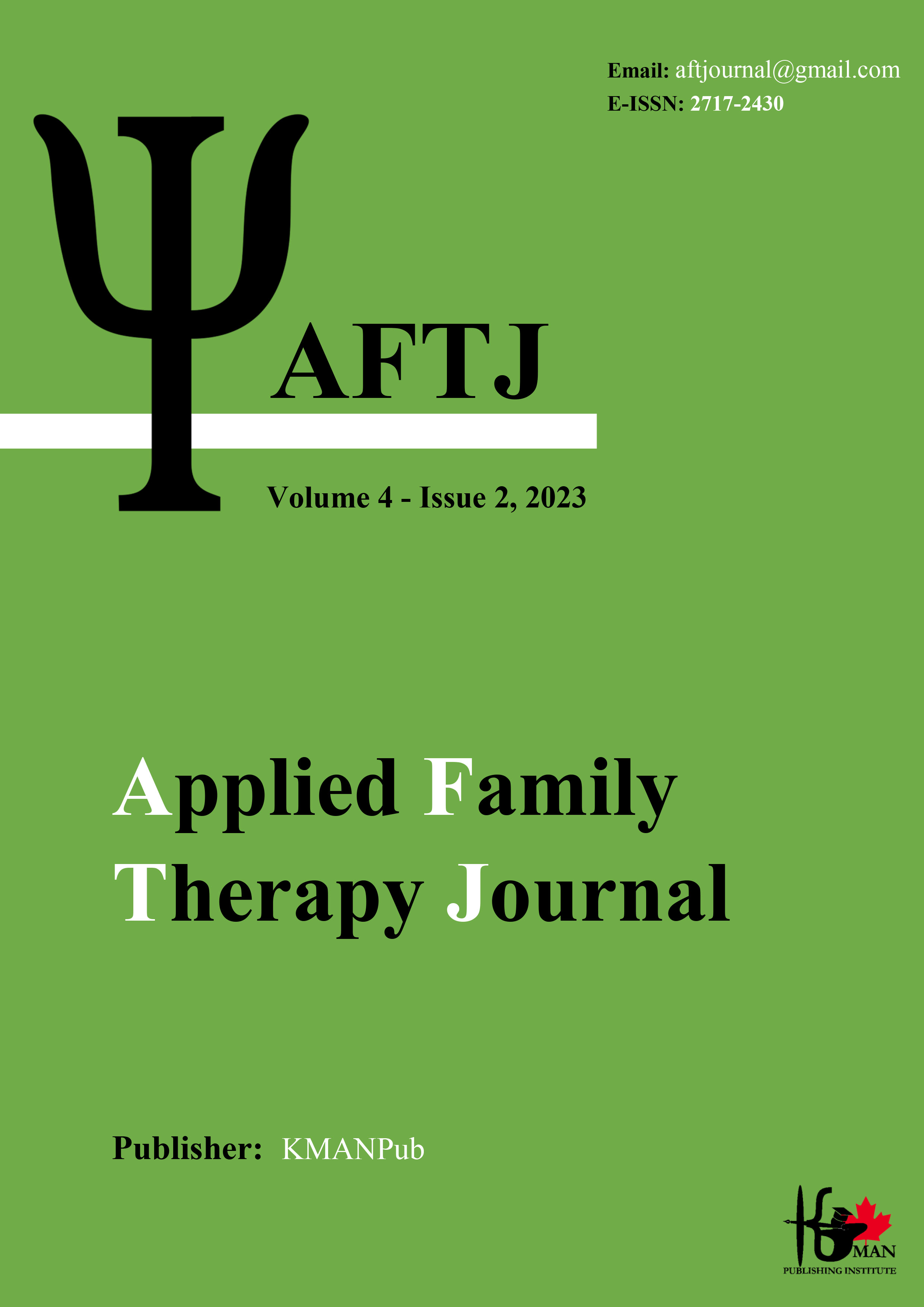Comparison of the effectiveness of hope-based therapy and Acceptance and Commitment Therapy on depression and death anxiety in patients with type 2 diabetes
Keywords:
Depression, Death Anxiety, Hope-Based Therapy, Acceptance and Commitment Based Therapy, DiabetesAbstract
Aim: The aim of this study was to compare the effectiveness of hope-based therapy and Acceptance and Commitment Therapy on depression and anxiety death of patients with type 2 diabetes Method: This study was implemented using a pre-test and post-test quasi-experimental design with a control group. a total of 45 patients with type 2 diabetes referred to the Iranian Diabetes Association who met the inclusion criteria were selected by available sampling method and randomly assigned to the control and experimental. For the experimental group, hope-based treatment and Acceptance and commitment Therapy was performed but the control group did not receive any treatment. both groups completed the Depression Inventory (Beck et al., 1996) and the Death Anxiety Inventory (Templer, 1970) before and after the clinical intervention. Data were analyzed using mixed analysis of variance. Results: The results showed that the effectiveness of hope-based therapy and acceptance and commitment therapy reduced depression and death anxiety in patients with type 2 diabetes. It was more effective than hope-based treatment in patients with type 2 diabetes. Conclusion: The results of this study suggest that in addition to follow up medical treatments, therapy based on acceptance, commitment and hope therapy can be used to improve depression and death anxiety in patients with type 2 diabetes, thus preventing the complications of the disease.
Downloads
Downloads
Published
Issue
Section
License

This work is licensed under a Creative Commons Attribution-NonCommercial 4.0 International License.





















